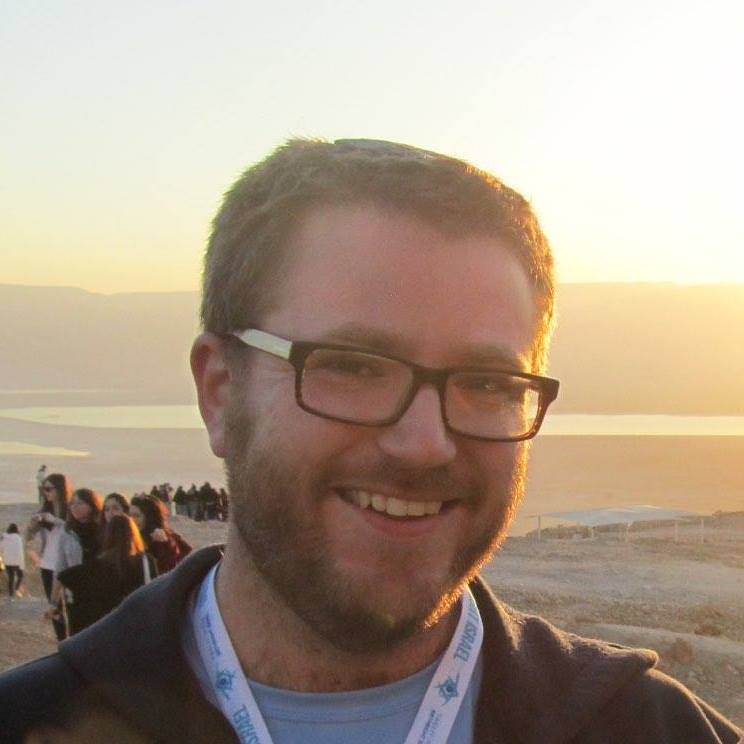Please enjoy a D’var Torah this week from Program Director Jeremy Fineberg. A lifelong Ramahnik, Jeremy will return for his tenth summer on staff in 2016. A student in the Rabbinical School of the Jewish Theological Seminary, Jeremy is spending the year living and studying in Israel. Jeremy is an alumnus of Brandeis University. Reflections on Parashat Vayera by Jeremy Fineberg
This week’s parashah (Torah reading), Vayera, is as full as a summer at Ramah. It is filled to the brim with excitement, challenges, new experiences, friendships, opportunities for growth, learning, and stories that are the stuff of legends. Among its more famous stories are: the visit of three mysterious men to Abraham and Sarah; divine revelation; the destruction of Sodom and Gemorah; and the birth, naming, and binding of Isaac. There are almost too many important stories for one parashah. And, like what happens during any good summer at camp, a small, sometimes overlooked detail sets the stage for a monumental development.
We begin with a moment of divine revelation; God appears in front of Abraham as he is resting in his tent. As readers we assume that God and Abraham are about to interact, or at the very least, that God is going to give Abraham some important message or command as has happened in almost every other previous interaction between these two central characters in our narrative. Yet in the very next verse, instead of finding a divine-human interaction, we find that Abraham ignores God, because he notices that there are three strangers walking in front of his tent, and “when he saw them, he ran to meet them” (Gen. 18:2). This is an incredibly peculiar turn of events, and certainly contrary to what we would expect. How can Abraham ignore God, the Holy Blessed One, in favor of three strangers? Even more so, Abraham goes up to the strangers and asks them not to leave without spending time with him (Gen. 18:3)! Talk about a plot twist.
As early as the Talmud, Rabbis have been perplexed by the seemingly inappropriate nature of Abraham’s behavior. Isn’t it clear that he should have or could have ignored the strangers in favor of talking to the Creator of the Universe? Yet we learn, that גדולה הכנסת אורחין מהקבלת פני שכינה / g’dolah hachnasat orchin me’hakbalat p’nei hash’chinah – “Hospitality to guests is more important than welcoming the Divine Presence,” (BT Shabbat 127a). And the proof given for this revolutionary idea is Abraham’s prioritization of his three guests over God in this very instance. Hospitality, welcoming guests and strangers to become part of our community, is so important that it even supersedes engaging with God!
The mitzvah (commandment) to welcome guests into our lives and communities applies to all Jews, and, since Abraham welcomed the strangers from and into his ohel (tent), we can learn that it holds an extra special place for us at camp. Every summer, new campers and staff step off the buses eager and excited for the fun, friendships, and Jewish living that will serve as the foundation of their camp careers. Every summer, they are greeted by veteran campers and staff members who welcome them with open arms and help them to become part an aidah (division), a tzevet (staff), a team, a tzrif (cabin). This process of welcoming in outsiders and transforming them into a member of the group is an important part of what the Ramah Wisconsin community is all about. While the Torah does not specify Abraham’s reward for his hospitality, it appears that his reward is the promise of Isaac’s birth, which follows just after in the Torah. Just as Abraham’s reward for his hospitality was finding out that his family would expand, by welcoming “others” into the Ramah community we help them to become the “sisters” and “brothers,” of our ever-expanding Ramah family.






